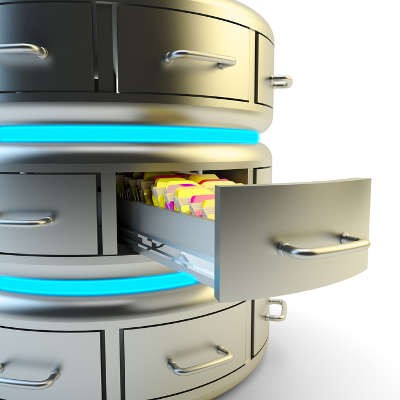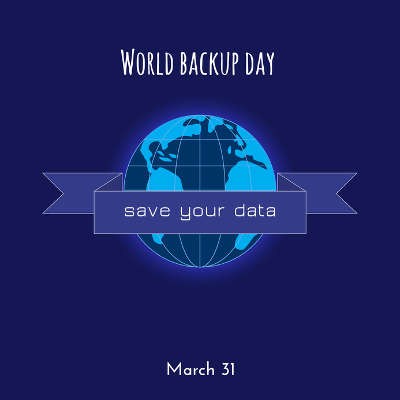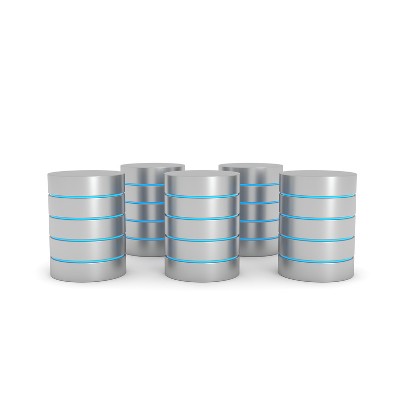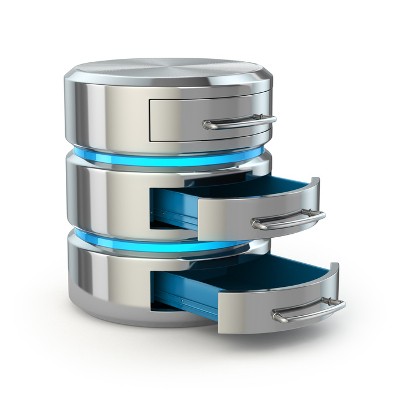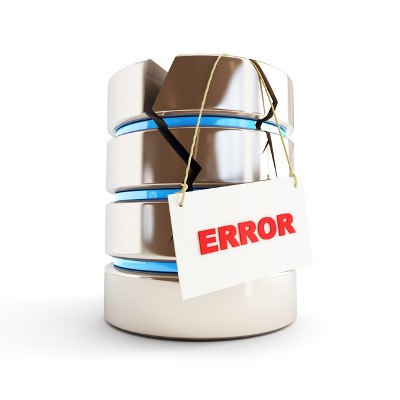Consumers can now take full advantage of a data backup system that’s both affordable and convenient, allowing them to keep their data as safe as can be in the event of a disaster. While it might not be ideal for business purposes, the average PC user can surely benefit from Google Drive’s new backup system, which takes advantage of the Backup and Sync application.
Argentum IT LLC Blog
When we talk about best practices, we are typically referring to the practices used by successful companies to garner the best results. A new study by Disaster Recovery has shown that, as backup and recovery solutions go, enterprises are providing some pretty disappointing results as many fail to continuously back up their data and it results in additional inherent risk.
As a business owner, you’ve surely thought about what the future holds for your organization. However, one of the things that you need to think about that’s not often considered is the event of a data disaster. How can your business bounce back from such a catastrophic event? One of the first steps is understanding your data backup and disaster recovery process, as well as how you can improve your current setup.
Having access to your company’s data is absolutely crucial to your success. After all, in today’s day and age, it is an extraordinarily important aspect of your business’ sustainability. Everything you do is influenced in some way by the data you have generated and/or collected--so what would you do if it was suddenly gone?
Data might be the single most important asset of any business, but you would be shocked to hear about how many organizations don’t consider data loss to be a prominent threat. The fact remains that it doesn’t take an immense disaster to wipe out an entire infrastructure, and that you should expect the worst to happen regardless of how unlikely it is to do so.
Data backup is a critical component of a business continuity plan, but there are many businesses that fail to understand why data backup is important, as well as what it entails. We want to clear up some facts about how data backup is important, and why you need it for your business. Only with a thorough understanding of how your data backup saves your infrastructure can you effectively use it for business continuity.
Is your business still using tape as its primary method of data backup? If so, you could be missing out on a more reliable, less time-consuming alternative. Image-based, or “snapshot” backup solutions continue to be the optimal way to guarantee the continuity of your organization’s data infrastructure, and we’ll explain why.
Data backup and disaster recovery are critical to the success of the modern business, but so many organizations still don’t see the importance of maintaining copies of their data infrastructure, or simply don’t think that they will fall victim to a data loss incident. Unfortunately, in this case, we have to insist that you consider data backup and disaster recovery; it’s not a matter of if you lose your data, but when.
Disasters are an unfortunate part of doing business in a technology-heavy workplace environment. You need to expect the worst, but it’s often difficult to predict what types of disasters your organization will have to endure. There are a few universal disasters that you’ll encounter, regardless of where in the world your business operates.
 The continuity of your business should be a major priority, especially considering how the livelihood of yourself and your employees is on the line. Believe it or not, there are some organizations out there that don’t give a second thought to the preservation of their data and critical assets. Therefore, it’s clear that you need to pay proper attention to how your organization handles problems like natural disasters, data loss, hacking attacks, and other hazardous incidents.
The continuity of your business should be a major priority, especially considering how the livelihood of yourself and your employees is on the line. Believe it or not, there are some organizations out there that don’t give a second thought to the preservation of their data and critical assets. Therefore, it’s clear that you need to pay proper attention to how your organization handles problems like natural disasters, data loss, hacking attacks, and other hazardous incidents.
 A business’s data is one of its most valuable assets. Without it, your organization would fail to function and, more likely than not, crash and burn. This is the reason why hackers try so hard to steal or corrupt data from businesses just like yours; they understand its value, and it’s about time that you do the same. Therefore, protecting your business’s continuity by backing up your data is of critical importance.
A business’s data is one of its most valuable assets. Without it, your organization would fail to function and, more likely than not, crash and burn. This is the reason why hackers try so hard to steal or corrupt data from businesses just like yours; they understand its value, and it’s about time that you do the same. Therefore, protecting your business’s continuity by backing up your data is of critical importance.
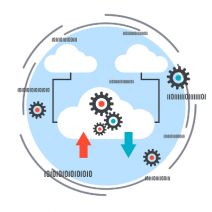 The cloud is a fantastic addition to the business environment that can aid your organization in achieving great things with your technology, but some professionals still feel that the cloud isn’t as secure as it needs to be, especially in light of the incredible number of threats loose on the Internet. However, contrary to popular belief, the cloud is a very effective way of storing data, particularly for your business’s data backups.
The cloud is a fantastic addition to the business environment that can aid your organization in achieving great things with your technology, but some professionals still feel that the cloud isn’t as secure as it needs to be, especially in light of the incredible number of threats loose on the Internet. However, contrary to popular belief, the cloud is a very effective way of storing data, particularly for your business’s data backups.
 When it comes to your business’s technology infrastructure, the more basic it is, the better. Granted, a simple IT infrastructure isn’t always easy to install, especially when there are so many great solutions on the market that can be implemented to achieve optimal efficiency. Sometimes the best IT solutions are those that make your technology simpler to manage, and your network less complicated. That said, you’d think redundancy would complicate this formula, but it’s actually a necessity for your business continuity plan.
When it comes to your business’s technology infrastructure, the more basic it is, the better. Granted, a simple IT infrastructure isn’t always easy to install, especially when there are so many great solutions on the market that can be implemented to achieve optimal efficiency. Sometimes the best IT solutions are those that make your technology simpler to manage, and your network less complicated. That said, you’d think redundancy would complicate this formula, but it’s actually a necessity for your business continuity plan.
 September 30th is Disaster Preparedness Day. This gives us a great reason to go over some of the most common disasters that can potentially affect your businesses. There are dozens of potential disasters to choose from, but since we’re an IT company, we’re going to focus on the four top disasters that can mess with your company’s IT infrastructure.
September 30th is Disaster Preparedness Day. This gives us a great reason to go over some of the most common disasters that can potentially affect your businesses. There are dozens of potential disasters to choose from, but since we’re an IT company, we’re going to focus on the four top disasters that can mess with your company’s IT infrastructure.
 When it comes to your business' backup, you have a ton of options, but how much thought have you honestly put into it? It’s naturally one of the most imperative parts of your entire IT infrastructure, so you want to pay particularly close attention to how you are storing and receiving your data in the event of a disaster.
When it comes to your business' backup, you have a ton of options, but how much thought have you honestly put into it? It’s naturally one of the most imperative parts of your entire IT infrastructure, so you want to pay particularly close attention to how you are storing and receiving your data in the event of a disaster.
 Everything is fine and dandy in your office. Everyone is working at a desirable rate, and you’re getting more business than ever before. Then, disaster strikes. Your server overheats, causing irreparable hardware failure, and you’re immediately caught in a pickle. Operations screech to a halt, data is lost, and you’re stuck in a situation that puts your business’s future in jeopardy. Of course, all of this can be quickly remediated with a quality disaster recovery plan.
Everything is fine and dandy in your office. Everyone is working at a desirable rate, and you’re getting more business than ever before. Then, disaster strikes. Your server overheats, causing irreparable hardware failure, and you’re immediately caught in a pickle. Operations screech to a halt, data is lost, and you’re stuck in a situation that puts your business’s future in jeopardy. Of course, all of this can be quickly remediated with a quality disaster recovery plan.
 When you mention the term 'disaster recovery,' most people think about the big ground-shattering events like earthquakes, fires, floods, tropical storms, etc. While these natural events are certainly disasters and devastating in their own right, smaller things can constitute as a disaster for your business, and they aren't seasonal.
When you mention the term 'disaster recovery,' most people think about the big ground-shattering events like earthquakes, fires, floods, tropical storms, etc. While these natural events are certainly disasters and devastating in their own right, smaller things can constitute as a disaster for your business, and they aren't seasonal.



